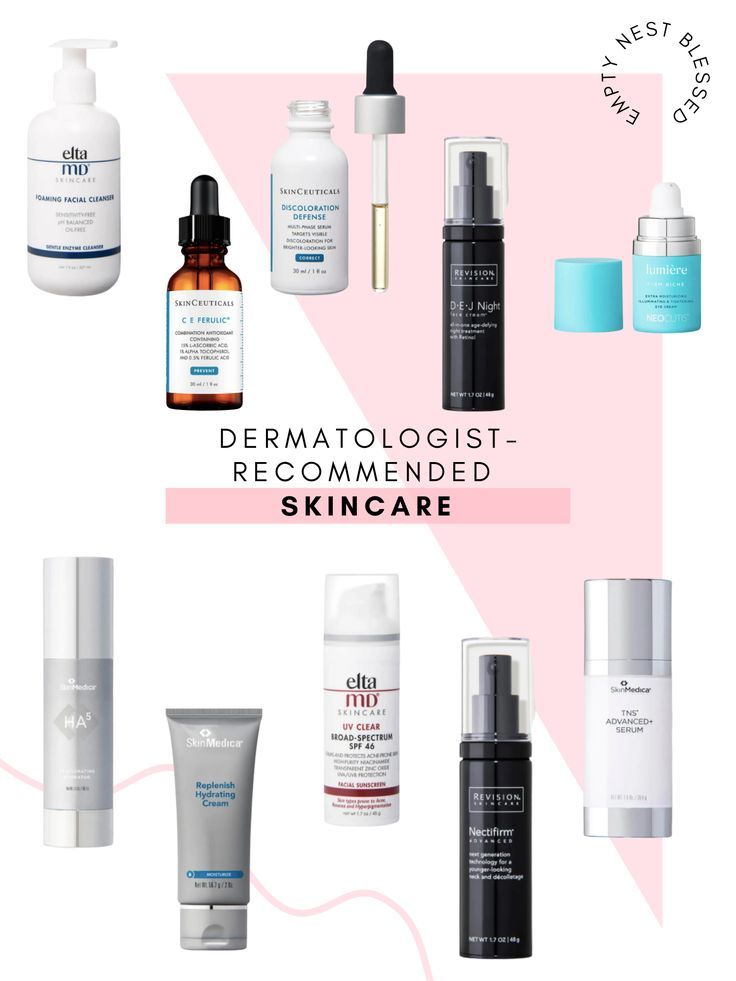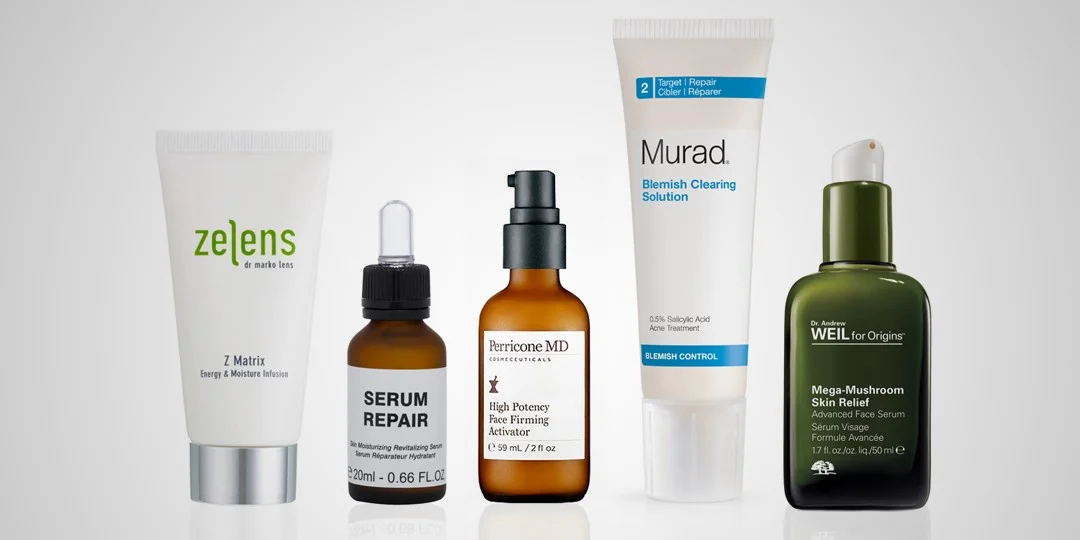Skincare is a fundamental part of personal care for women and involves maintaining healthy, radiant skin through a combination of routine practices and good habits. Here’s a comprehensive guide to help you achieve and maintain beautiful skin:
1. Identify Your Skin Type
Determine Your Skin Type:
- Normal: Balanced, not too oily or dry.
- Oily: Prone to excess oil, particularly in the T-zone.
- Dry: Can feel tight, flaky, or rough.
- Combination: A mix of oily and dry areas.
- Sensitive: Easily irritated, prone to redness or reactions.
2. Build a Daily Skincare Routine
Morning Routine:
- Cleanser: Use a gentle cleanser suited to your skin type to remove overnight impurities.
- Toner: Helps balance the skin’s pH and can tighten pores. Choose an alcohol-free formula to avoid drying out the skin.
- Serum: Apply a serum with active ingredients like Vitamin C for brightening or hyaluronic acid for hydration.
- Moisturizer: Even if you have oily skin, use a lightweight, non-comedogenic moisturizer to keep your skin hydrated.
- Sunscreen: Apply a broad-spectrum SPF 30 or higher daily to protect against UV damage and prevent premature aging.
Evening Routine:
- Cleanser: Cleanse to remove makeup, dirt, and impurities from the day.
- Exfoliate: 1-2 times per week to slough off dead skin cells and improve texture. Use a gentle exfoliant suited to your skin type.
- Serum: Apply serums with ingredients like retinol or peptides for anti-aging benefits.
- Moisturizer: A richer nighttime moisturizer can help with repair and hydration.
3. Address Specific Skin Concerns
Acne:
- Use products with salicylic acid or benzoyl peroxide. Ensure that you avoid comedogenic (pore-clogging) products.
Aging:
- Incorporate anti-aging ingredients like retinoids, peptides, or hyaluronic acid to improve skin texture and reduce fine lines.
Hyperpigmentation:
- Use products containing Vitamin C, niacinamide, or alpha arbutin to help lighten dark spots and even skin tone.
Dry Skin:
- Opt for rich, hydrating creams with ingredients like ceramides, hyaluronic acid, or squalane.
Sensitive Skin:
- Choose fragrance-free and hypoallergenic products. Look for calming ingredients like chamomile or aloe vera.
4. Exfoliate Regularly
Frequency:
- Exfoliate 1-2 times a week to remove dead skin cells and improve the effectiveness of other skincare products.
Types:
- Chemical Exfoliants: AHAs (like glycolic acid) and BHAs (like salicylic acid) are generally gentler than physical scrubs.
- Physical Exfoliants: Be cautious with these, as they can be abrasive. Choose ones with fine, smooth particles.
5. Hydrate and Nourish
Drink Plenty of Water:
- Staying hydrated helps maintain skin elasticity and overall health.
Healthy Diet:
- Consume a balanced diet rich in fruits, vegetables, healthy fats, and lean proteins to support skin health.
6. Tailor Your Routine to Your Lifestyle
Makeup Removal:
- Always remove makeup before bed to prevent clogged pores and breakouts. Use gentle makeup removers or micellar water.
Sleep:
- Ensure you get 7-9 hours of quality sleep to allow your skin to repair and rejuvenate.
Stress Management:
- High stress levels can impact your skin negatively. Incorporate stress-relieving activities into your routine.
7. Avoid Common Mistakes
Overuse of Products:
- Using too many products or switching frequently can irritate the skin. Stick to a simple routine and introduce new products gradually.
Ignoring Sunscreen:
- Sunscreen is essential for protecting your skin from UV rays and preventing sun damage and aging.
Using Hot Water:
- Hot water can strip skin of its natural oils, leading to dryness. Use lukewarm water for cleansing.
8. Seek Professional Advice
Dermatologist Consultations:
- For persistent skin issues or tailored advice, consider visiting a dermatologist for professional guidance.
9. Consistency is Key
Stick to Your Routine:
- Consistency is crucial for achieving and maintaining healthy skin. Make your skincare routine a daily habit for the best results


